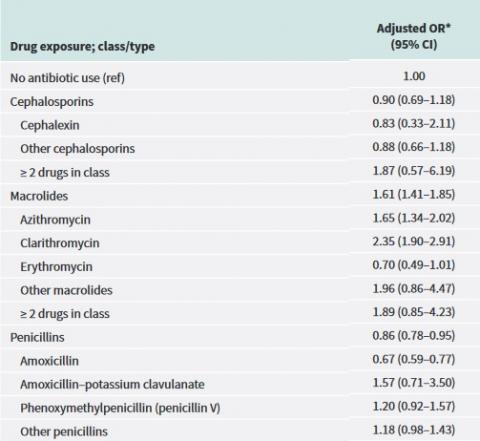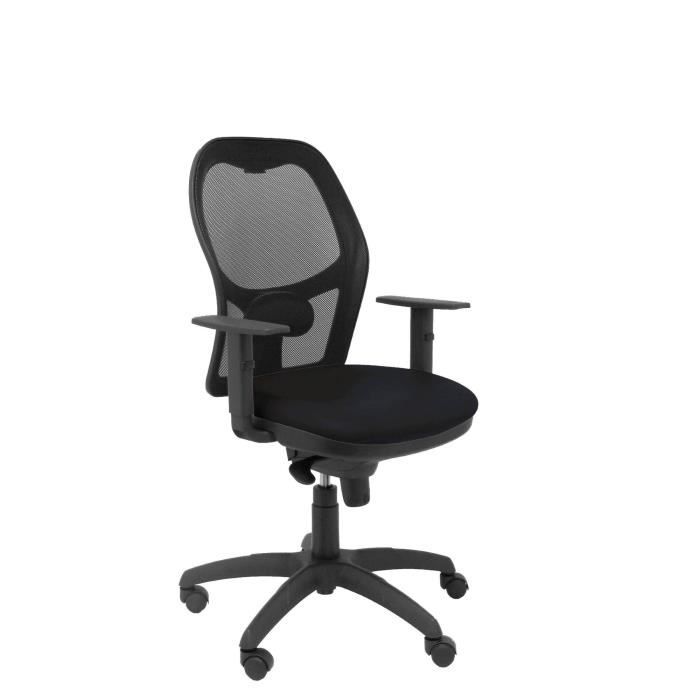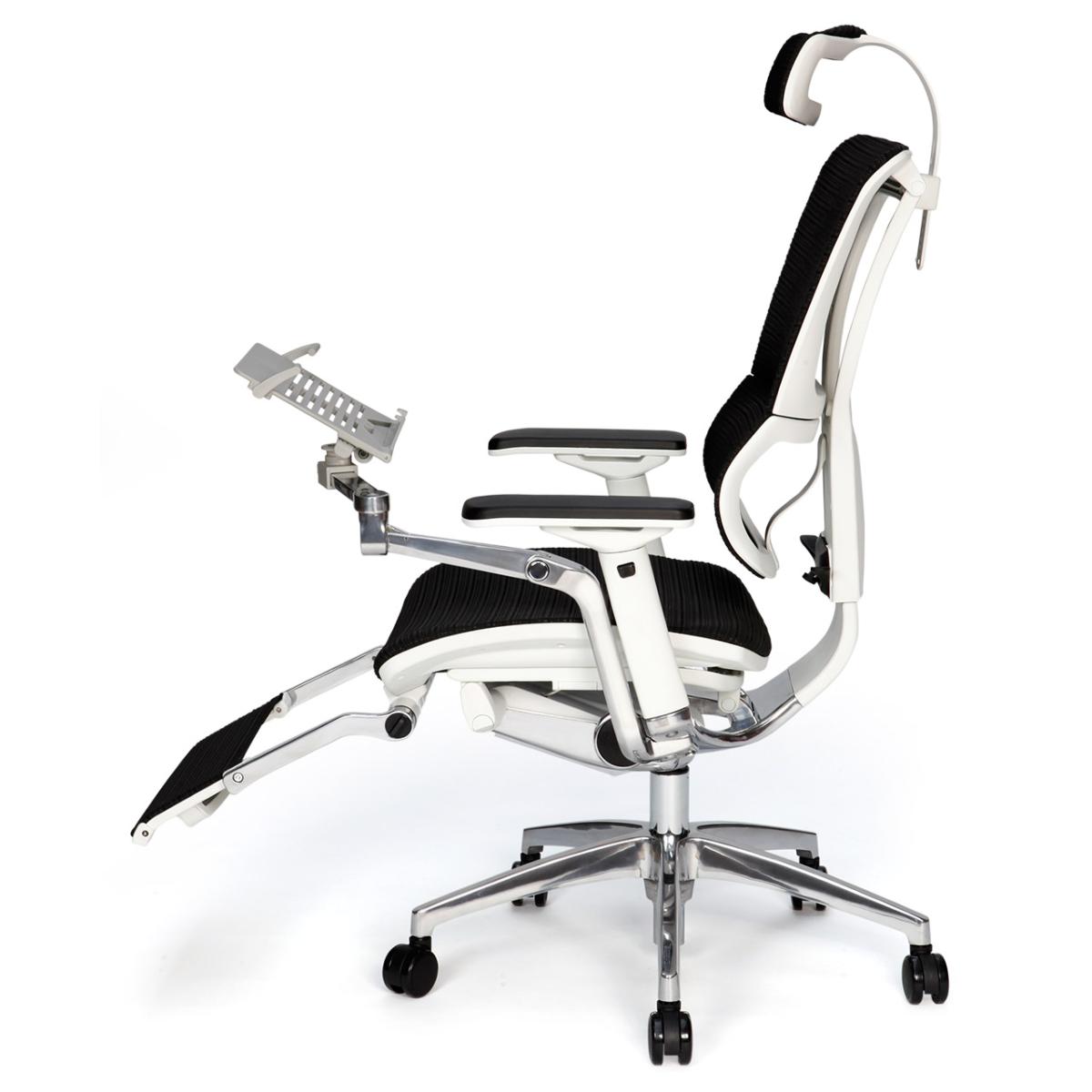Ce proclamer est appelé why does my baby cough while nursing. vous pouvez télécharger|télécharger toutes les images gratuitement. under est une galerie d'images de why does my baby cough while nursing, si vous aimez|aimez l'image de ce message, s'il vous plaît part ce prononcer sur vos réseaux sociaux ou enregistrer ceci publiciser sur votre appareil.
Ci-dessous se trouve une collection des meilleurs why does my baby cough while nursing qui créer l'écran de votre appareil voir parfait. nous souhaitons que vous apprécierez notre grand tas de fonds d'écran en HD, Ultra Images HD et 4K que vous définirez en arrière-plan de vos appareils tels que les smartphones, les ordinateurs portables, les ordinateurs de bureau et les iPhones. why does my baby cough while nursing selon l'écran de votre smartphone résolution dans une collection.
Pulling off your breast often. If left untreated this can cause serious health problems in your little one such as pneumonia.

Benefits Of Breastfeeding Baby To Sleep Baby Breastfeeding Breastfeeding How To Fall Asleep
There may be some other causes for cough during pregnancy for instance.

Why does my baby cough while nursing. The one last possibility is the breast gives milk accustomed to the babies sucking and a little slower than artificial nipples. Clamping down on your nipple to slow down flow of breast milk at let-down. Instead his hands wander south and.
When your baby starts coughing choking and struggling to breathe while breastfeeding it can be a sign that they are aspirating which means that your milk has entered their airway or lungs by accident. Excess milk can spill into the airway and block the flow of air which leads to choking. The baby has a venous plexus a network of interconnecting veins around the mouth.
Making a clicking sound while nursing. It can be a frightening sight for any mother to see her baby coughing and sputtering milk while struggling to breathe. Even if you are beyond the first few days and weeks and your baby has a beautiful latch that doesnt mean that latch issues cant pop up.
If your child has trouble falling asleep has issues with the bowel movements and refuses to eat and all of this is accompanied by coughing then your baby is probably ill. He finally settles down to one side after about ten minutes or so- and its the longest ten minutes of my life. For some babies nursing is comforting during teething while for others its painful.
Your baby may be allergic to something in his environment such as pet dander or dust mites. From what youve told me its difficult to tell what is going on exactly. Babies do sneeze frequently to clear their noses and a little sputtering is expected.
Could be why he is OK once hes a ways in milk flow slower. A baby may turn blue around the mouth while breastfeeding when they confuse the suck-swallow-breath pattern necessary to successfully nurse. If your baby chokes while breastfeeding your let-down may be overactive or you may have an oversupply of breast milk.
W DS it was much more sporadic for a few weeks and then disappeared. New infants do bring up mucus in the first few days of life and a little bit thereafter. This cough is due to colds or flu.
Most coughs are caused by the common cold but there are several other reasons your baby might have a cough including allergies asthma and a sinus infection. If you have allergies irritants in the air may affect your breathing passages and cause coughing. My almost one year-old has started going from one breast to the other when we first lay down to nurse- back and forth climbing over my chest to get from one to the other lol.
Barky Cough is when your baby has usually Croup making it hard for them to breathe. Except this time your baby doesnt just lie there like he usually does. This torrential-letdown effect often happens in the first few weeks of nursing before your body gets into a rhythm of producing the right amount of milk.
Its time for a diaper change so you do what you usually do and take off his diaper. Observe if your baby experiences these. It is possible she is taking in too much milk at once with the.
My chest and breasts are bruised from the way he grinds his little hands while climbing. When the baby sucks the veins becomes engorged with blood and will be visible through the skin. Make an appointment.
This pain could cause your baby to have difficulties getting a good breastfeeding latch. A viral infection is likely to develop because your immune system is busy protecting your baby and that makes you susceptible to illnesses. Symptoms include a stuffy or runny nose and a cough due to mucus running down the back of your babys sinuses into his throat postnasal drip.
During this time babies can also become fussier than usual. This causes phlegm or mucus to form in babys airway making them cough. Children with asthma tend to cough a lot too especially at night.
Last Updated on April 4 2020 Choking occurs when your baby takes more milk into its mouth than he can swallow at a time. Do you have oversupply or does the milk come out too fast maybe. If your child shows signs of difficulty in breathing then take him to the doctor.
However sometimes the milk may find its way into the lungs and cause aspiration pneumonia 1. Infants may choke while nursing since their swallowing skills are not well developed. Coughing in newborns is less common.
The Croups symptoms are usually fever stuffy nose and difficulty in swallowing and breathing. Your baby will need more milk to support the growth spurt and nursing more will naturally boost your supply. Choking during breastfeeding could cause harmless coughing.
Gagging choking strangling gulping coughing or gasping while nursing. If your breasts are engorged that could. Both my kids did this - w DD I coudlnt figure out why and she gave up nursing - same as your DC she had no issues w bottle.
Real wheezing is not normal. Another reason why your baby could be coughing is if he has a respiratory illness. While one does not necessarily lead to the other it makes sense that a growth spurt and sudden frequent feeding go hand in hand.
When to worry Coughs are common in young children and usually not dangerous.































